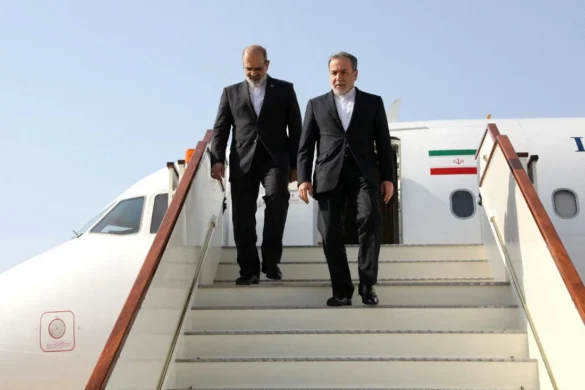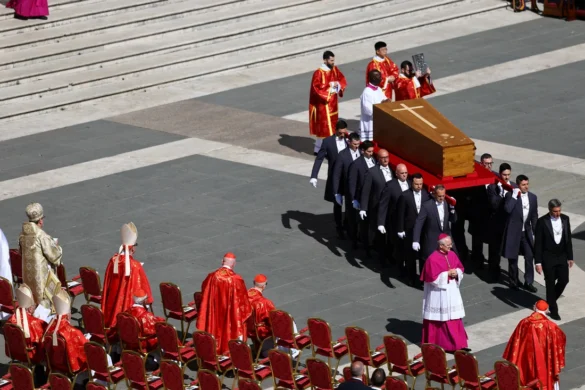The United States told Russia on Thursday it will not rejoin the Open Skies arms control pact, which allows unarmed surveillance flights over member countries, a U.S. official said.
The official, who spoke on condition of anonymity, was confirming a report by the Associated Press.
U.S. Deputy Secretary of State Wendy Sherman conveyed the decision to her Russian counterpart the official said, saying U.S. allies in the NATO Western security alliance and other partners had been informed.
The United States left the Open Skies arms control and verification treaty in November, accusing Russia of violating it, something Moscow denied.
The Russian government, which in January announced plans to leave the pact, on May 11 submitted legislation to parliament to formalize its departure. At that time, a Kremlin spokesman said one reason was that the United States was still able to receive information acquired via the treaty from its NATO allies.
The treaty, which was signed in 1992 and entered into force in 2002, permits nations to carry out short-notice, unarmed surveillance flights over the entire territory of the other parties.
The 34 state parties to the Open Skies Treaty are Belarus, Belgium, Bosnia and Herzegovina, Bulgaria, Canada, Croatia, Czech Republic, Denmark (including Greenland), Estonia, Finland, France, Georgia, Germany, Greece, Hungary, Iceland, Italy, Latvia, Lithuania, Luxembourg, the Netherlands, Norway, Poland, Portugal, Romania, Russia, Slovakia, Slovenia, Spain, Sweden, Turkey, Ukraine and the United Kingdom. Kyrgyzstan signed the treaty but has not yet ratified it.
The purpose of the treaty, which allows nations to collect information on one another’s military forces, is to increase transparency and build confidence among countries.
REUTERS




